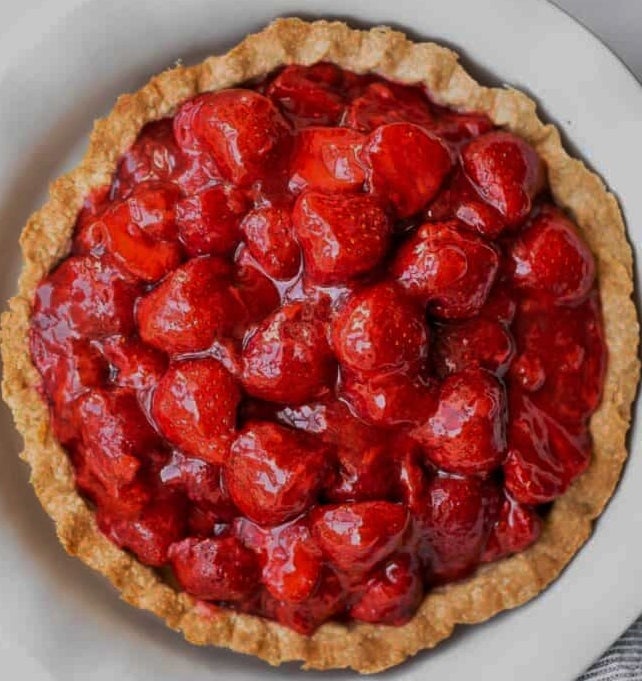Response to an atheist’s letter, part one
Published 1:18 pm Saturday, June 4, 2022
By Fr. Jonathan Filkins
Hello Charles, Thanks for the letter. There is a lot to chat about.
While you mention being an atheist, from your discourse, we are not sure if a better clarification is that you have serious doubts about God, but acknowledge the supernatural? As C.S. Lewis related, “Being a (true) atheist requires a lot of hard work, as they must continually be explaining the unexplained.”
Being amongst the clergy, our beliefs are pretty much self-evident, but we can well identify with your thoughts, as they are similar to others at your age. Many, often vociferously, vocalize the position that religion (i.e. Christianity) is an emotional crutch for the weak. Believing that we are, as intelligent, strong and virile fellows, there is no need for such silliness. Further, some hold that the Bible is fraught with errors and tall tales; confusing to understand, but a pretty good guide for living.
Most of us acknowledge there is a greater entity than ourselves who has supernatural powers and created something from absolutely nothing. This “God” creature has taken many forms and diverse “worship” practices as the millennia have developed. This diversity has roots in most religions. In simple words, what we believe is not a new invention. So, what to believe? The very question takes us from the solid, tangible world of the here and now, to that dangerous world of the unproven: faith.
A salient question and answer must be brought up: Is it in our nature to worship an entity called God? We, with our limited intellectual capacity, cannot begin to comprehend all of the mysteries of the universe. It seems far truer, in our nature, to seek simple “comfortable” answers which we can comprehend. Faith seems to be a far more rational outgrowth of logic than we give it credit.
Today’s society presents us with an abundance of absolutes. Either you are pro-life, or you are not; either you are a liberal, or a conservative; either you are a hawk, or a pacifist, either you are for the death penalty, or you are not. These “absolutes” create great difficulties, as they obscure the shades of gray. For example, if we were pacifists we may oppose war, but could be the first one to bring out the Glock if my family was imperiled. This societal attitude of “absolutes” has polarized many and so it is with the Theory of Evolution.
The Theory of Evolution holds that there is a natural dynamic which has occurred over many billions of years. We began in the “Big Bang,” (although research out in 2008 suggests otherwise) and developed from the gasses and ooze. This is science in its purest form: rational, measured and verifiable. What this theory cannot show us is where all of this matter came from and how it was it put together. In a word, if everything is from nature, then who created nature? This is the great shortcoming of the theory. Could not God have been the progenitor of time? Some advocates seek to disprove the Bible’s teachings and history. Consider the issue about the 24-hour day, versus God’s Day. Holding either view does not affect the outcome.
The Creationist camp has been equally repressive to constructive dialogue. Believing, that the Bible (sometimes without truly knowing) is the inerrant word of God they reject Evolution, en suite.
Let’s hold for the middle ground and this is the rationale: Accepting there is God, is a rational and sensible act. The acceptance of becoming a Christian is a bit more complex, as there may be some argument that it is more complex, than just a Godly work. Only we individuals know the answer personally. Here all of the science in the world cannot confirm, or deny, this point; for it is improvable. It requires faith, which science cannot quantify. As committed Christians, we believe that God is very much alive, omnipresent, all powerful and in each of us. For, it is His divine spark which created us unique individuals and gave us our gifts, both internally and externally.



